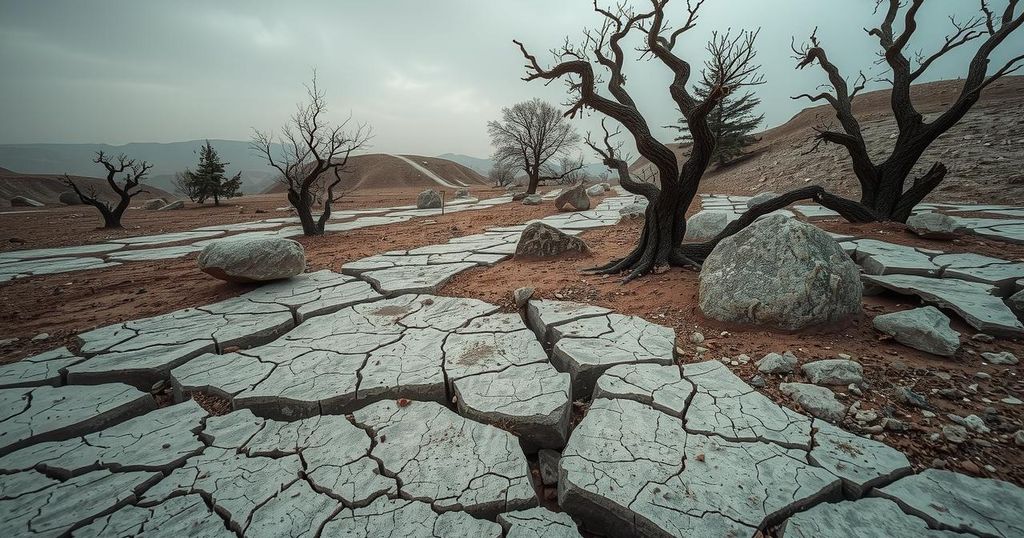The civil war in eastern DRC is driven by a complex interplay of ethnic tensions, regional rivalries, resource exploitation, and global interference. The M23 rebel group, composed chiefly of marginalized Tutsis, engages in combat partly out of necessity. The region’s mineral wealth fuels the conflict, drawing both local and international actors into a larger power struggle. Civilians suffer terribly from the ongoing violence and displacement.
The ongoing conflict in the eastern Democratic Republic of Congo (DRC) is multifaceted, stemming from ethnic tensions, regional rivalries, resource exploitation, and international interests. This complexity is emblematic of many African conflicts where colonial borders have exacerbated divisions among communities, such as the Tutsi population, which is marginalized in DRC despite its political influence in neighboring Rwanda. Historically persecuted, many Tutsis have fled to refugee camps in countries like Rwanda and Uganda, while those who remain in DRC face ongoing threats and discrimination.
The M23 rebel group, primarily composed of Tutsis, asserts that it fights for the rights of its people. For many young soldiers joining M23, the motivations extend beyond politics to survival. Having grown up in refugee camps, these individuals often perceive armed struggle as their only viable option against government forces in Kinshasa and other rival armed groups.
The DRC shares borders with nine African nations, creating a volatile regional dynamic where ethnic communities often straddle these borders, leading to conflict spillover. Neighboring countries, motivated by national security and political interests, intervene in the conflict, sometimes supporting opposing sides. Rwanda plays a particularly complex role, claiming its actions are focused on preventing future violence against Tutsis, particularly following the traumas of the 1994 genocide.
Rich in minerals such as coltan, gold, and cobalt, eastern DRC attracts fierce competition from local armed groups and foreign-backed entities seeking control. This wealth transforms the conflict from a mere regional struggle to a global power struggle. Consequently, the relentless violence primarily benefits warlords and external players while ordinary citizens endure profound suffering.
Foreign governments and corporations are deeply invested in DRC’s resources, supplying funding and military support, thus escalating the conflict into a broader military engagement. The civilian population suffers immensely as communities are devastated, millions are displaced, and lives are tragically lost. For the inhabitants of eastern DRC, the crisis represents not just challenges but a perpetual nightmare.
Currently, M23 has allied with other rebel factions to form a unified national movement, intensifying the conflict against the Kinshasa government. The DRC war is not solely defined by one factor; instead, it embodies a perilous amalgamation of ethnic conflict, regional disputes, resource struggles, and global interference. Unless the various elements of this crisis are addressed, the prospect of peace remains elusive.
In summary, the civil war in eastern DRC arises from a combination of deep-rooted ethnic divisions, regional dynamics, competition for valuable resources, and external involvement. With groups like M23 uniting to confront the government, civilians continue to bear the brunt of this enduring conflict. Only by addressing the complexity of these intertwined issues can there be hope for a lasting resolution and peace in the region.
Original Source: www.channel4.com






